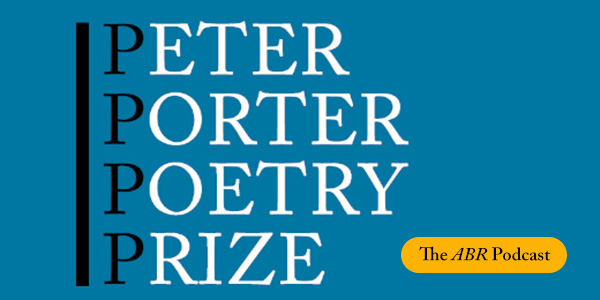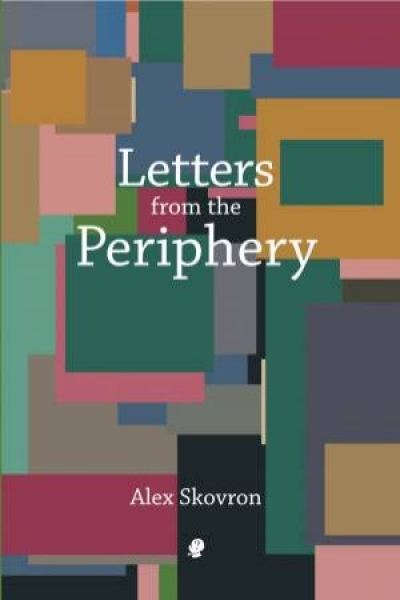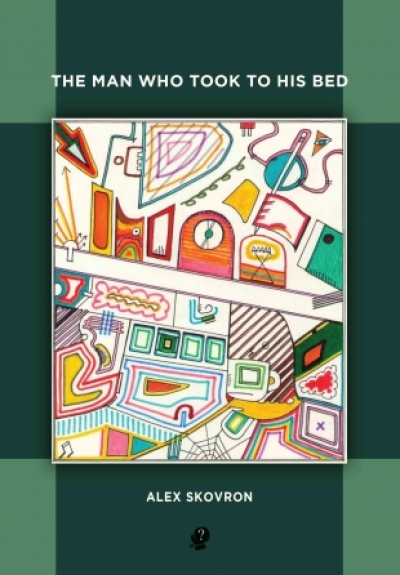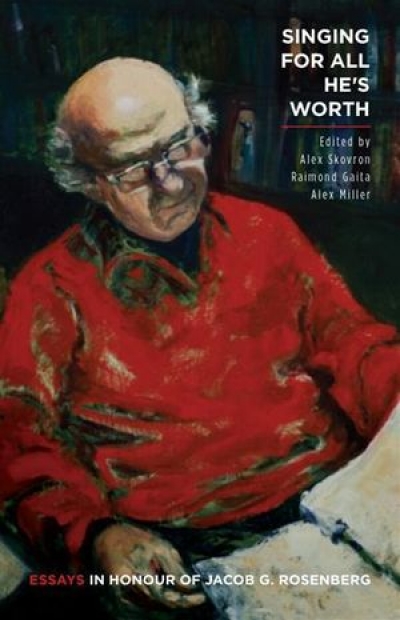Accessibility Tools
- Content scaling 100%
- Font size 100%
- Line height 100%
- Letter spacing 100%
Alex Skovron
The ABR Podcast
Released every Thursday, the ABR podcast features our finest reviews, poetry, fiction, interviews, and commentary.
Subscribe via iTunes, Stitcher, Google, or Spotify, or search for ‘The ABR Podcast’ on your favourite podcast app.
2025 Peter Porter Poetry Prize Shortlist
Read by the poets
This week on The ABR Podcast we feature the 2025 Peter Porter Prize shortlisted poems, as read by the five poets, published in the January-February issue of ABR.
Recent episodes:
This week on the ABR Podcast we celebrate twenty years of the Peter Porter Poetry Prize with readings from six winners. We invited these poets to reflect on the prize and their winning poems. Hear fresh readings from Judith Beveridge, A. Frances Johnson, Damen O’Brien, Sara M. Saleh, Alex Skovron and Judith Bishop. The 2024 Porter Prize, worth a total of $10,000, closes on October 9.
... (read more)New Partner for ABR
Let’s be candid. Producing a magazine of this kind is not easy in a country with a small population and one where the life of the mind (even if not ‘the least of possessions’, to quote Patrick White) rarely commands the attention or glamour often associated with sporting events and other fashionable distractions.
... (read more)Alex Skovron is the author of seven poetry collections, a prose novella, The Poet (2005), and a book of short stories, The Man who Took to His Bed (2017). His volume of new and selected poems, Towards the Equator (2014), was shortlisted in the Prime Minister’s Literary Awards. His work has been translated into a number of languages, and he has co-authored book-length translations of two Czech poets: Jiří Orten and Vladimír Holan. His new collection, Letters from the Periphery, is now available. He was born in Poland, lived briefly in Israel, and arrived in Australia aged nine. He lives in Melbourne.
... (read more)It’s our runaway imaginings that seduce us / away from the meanwhiler pleasures: / even as we cross each i, dot every t, / we calibrate our fantasies like rare treasures, / false memory-to-be ...
... (read more)Towards the equator: new and selected poems by Alex Skovron
Singing for All He’s Worth: Essays in Honour of Jacob G. Rosenberg by Alex Skovron, Raimond Gaita, and Alex Miller
For months Mozart has been so crucial I haven’t played him.
The winds, filibustering the house, have heard
the chimney crackle and the paint strain
while the old obsessions went ignored. What was the point?








